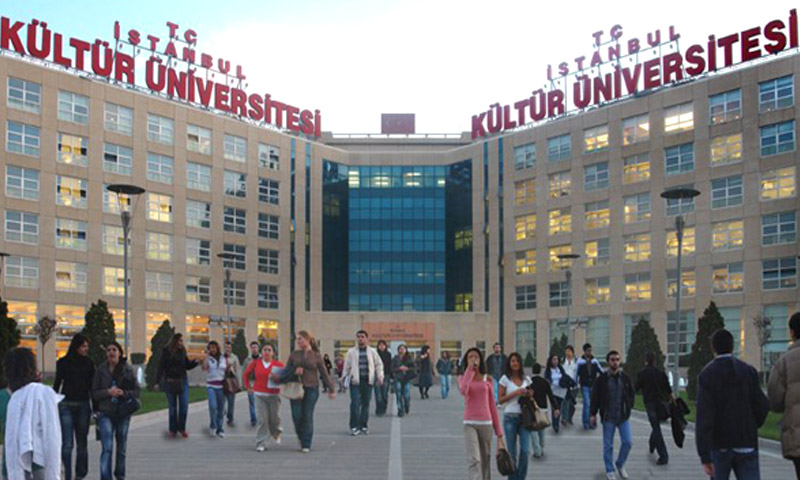Firas al-Aqad, Enab Baladi
The deadline to apply for scholarships for Syrian students to study in Turkish universities has passed. The scholarships, provided by the ‘Presidency for Turks Abroad and Related Communities’ a subordinate ministry to the Prime Ministry of the Republic of Turkey, grants students a monthly stipend of 1200 Turkish Liras (the equivalent of 410 U.S. dollars).
The news of the scholarships generated different reactions in Turkish society and on social media. The news came in conjunction with the proliferation of caricatures and mocking commentaries comparing between the situation of Syrian students after receiving the scholarship of 1,200 Turkish Lira and Turkish students who receive 400 Turkish Liras monthly.
Turkish students: if only we were Syrian
‘Sozce’ newspaper published a report for the journalist Aliya Ozdemir, entitled ‘Wishing to Become a Syrian Student’ in which she discussed the details of the scholarshipa, criticised the high value of the stipend, and the acceptance conditions outlined by scholarship management. A key criticism she voiced, is that the scholarship management does not consider the scholarship a debt that students must repay after their graduation as the scholarships Turkish students receive.
The newspaper addressed some of Turkish citizens and students’ comments on social media. One person wrote: ‘No country in the world offers a scholarship for a foreign student that it is more than the scholarships it offers for its own nationals.’ Another comment read: ‘it is good to have a Syrian citizenship. Turkish citizenship does not have any value in this country.’
Turkish students’ commentary varied between jealousy and criticism directed at the Turkish state. A student, Iylmas Kushet, tweeted that the issue is not directed at Syrians specifically. She added ‘we do not mean to talk about the sum of money offered to Syrians as foreigners. We understand your situation, but the state must look after its citizens and it must be just.’
Syrian students live ‘freely’
In contrast, Syrian students expressed their opinion regarding the scholarship likening it to the one awarded to Iraqi and Palestinian citizens in Syria before 2011.
Syrian student Abdul Hadi Sadaqi speaking to Enab Baladi said: ‘The Turkish authorities are responsible for spreading the news of the scholarship in Turkish circles with insufficient details, because spreading the news of the scholarship with incomplete details will create tension for Turkish students toward Syrians. They should have said the numbers of scholarships that will be provided, and the authorities giving them in European Union.’
Syrian student Muhammed Jundiye considered Turkish students’ reactions to the scholarship very natural saying: ‘It is true we have come out of war and our life conditions are hard, but Syrian students live more freely in Turkey than they used to live in Syria.’
Jundiye added that what Turkish students considered more annoying than the high value of stipend is the absence of a condition treating the scholarship as a loan similar to the scholarships Turkish students receive.
A considerable number of Syrian students were accepted in Turkish universities either through transfer or applying after undertaking the national test for foreigners. However the financial situation of many Syrians hinders them from enrolling in Turkish universities or finishing their degrees prompting international and Turkish authorities to offer assistance in the form of this scholarship, with the hope it will help Syrian students complete their higher education.
